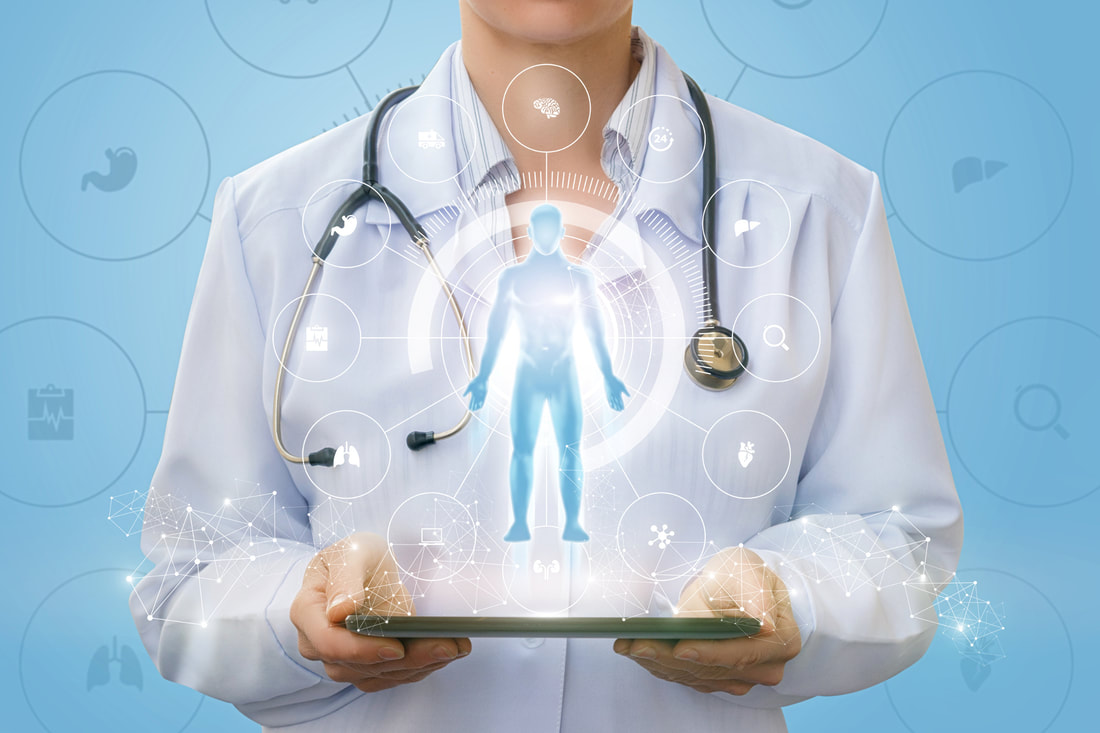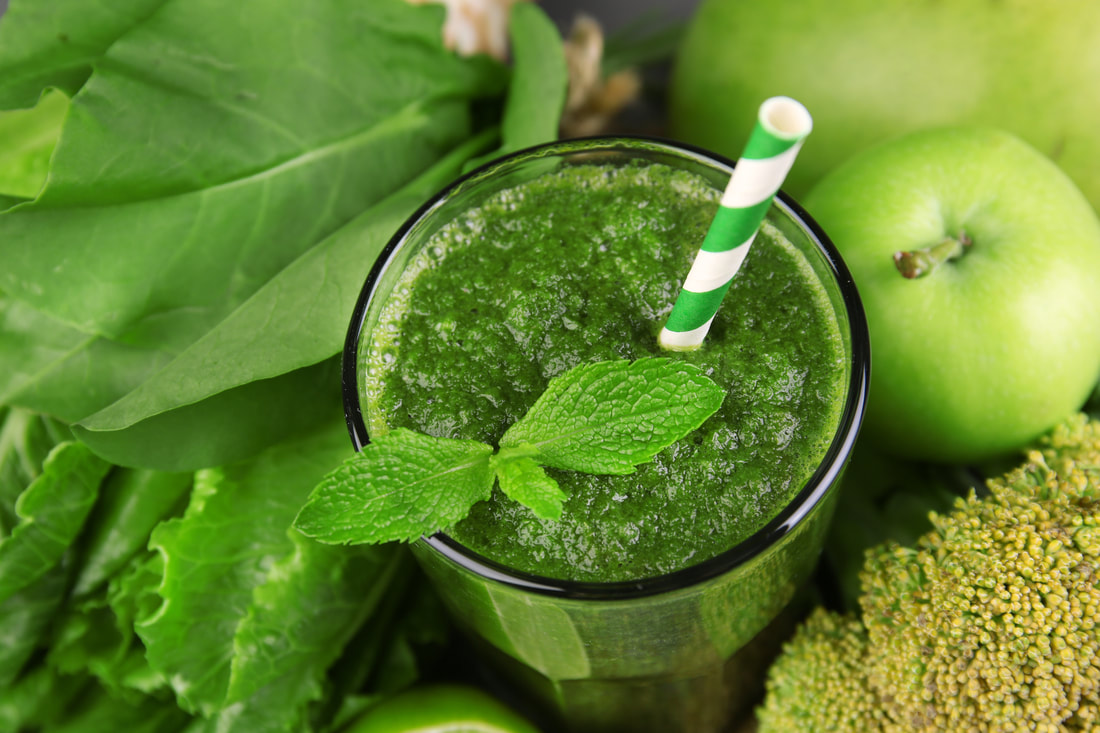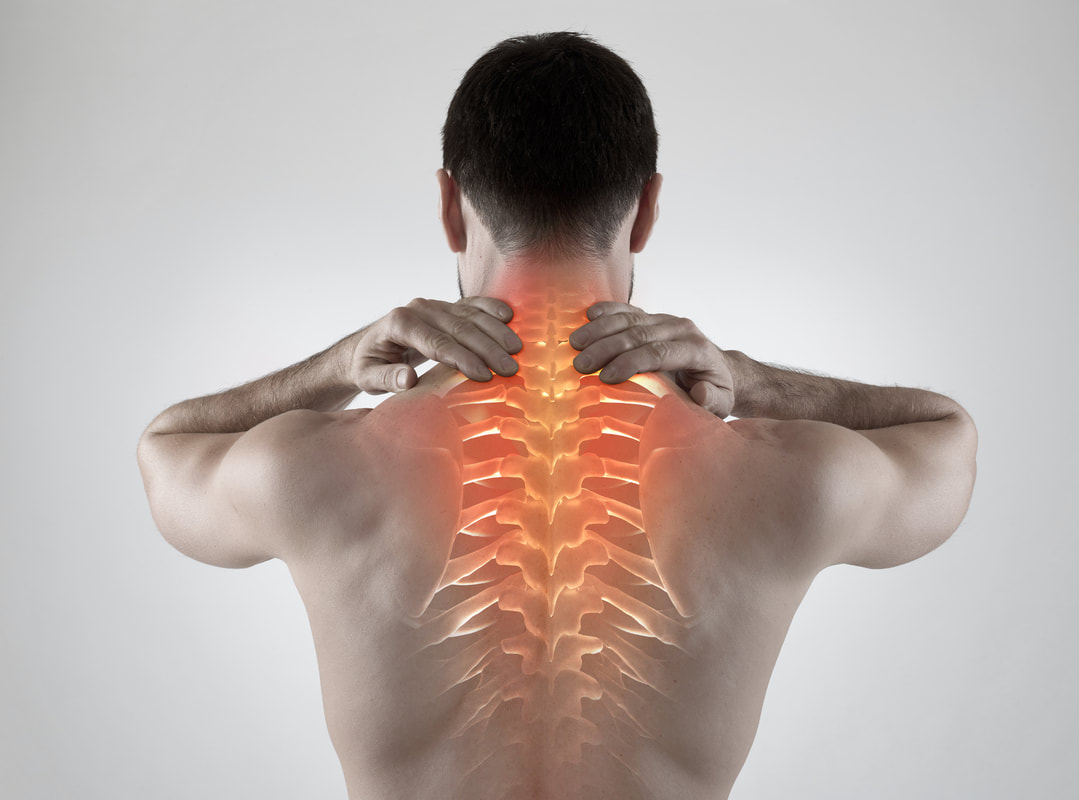Ronit Mor, NDDetoxification is what our body does naturally to neutralize, transform or get rid of unwanted materials and toxins.
It is a primary function of the body, constantly working and interacting with all other functions of the body. Our body manufactures enormous amount of molecules on a daily basis in support of the detoxification process. Our body requires hundreds of enzymes, vitamins and other molecules to help rid the body of unwanted waste products and toxins. Although the bulk of the work is done by the liver and the intestinal tract, the kidneys, lungs, lymphatic system and skin are all involved in this complex detoxification system. Ronit Mor, NDWhat if there was one organ in your body that had the power to control the way you look, feel and think? And what if this organ serves as a common denominator for most of today’s health problems?
According to the U.S. Department of Health and Human Services, anywhere from 60 to 70 million people in the U.S. are affected annually by some kind of digestive diseases, which are all too often related to an unhealthy colon. In 2015, the CDC reported that about 3 million adults were diagnosed with IBD (either Crohn’s disease or ulcerative colitis), and this estimate does not include children aged <18 years, who may also have IBD. It is also estimated that 75% of people older than 45 suffer from hemorrhoids and 63 million people suffer from chronic constipation. The American Cancer Society projects 135,430 individuals newly diagnosed in 2017 with colorectal cancer with 50,260 deaths from that disease. Ronit Mor, NDSecret #4: Opt for Humanely-Raised Meat & Poultry.
The classic idiom “you are what you eat” applies just as well to farm animals as it does to humans. How animals, that are raised for meat, eggs and dairy, are treated can make a big difference in our diets and our ecosystem. Most animals in the U.S. are raised in confined animal feeding operations - “factory farms” - where they are crammed together into warehouses or small cages, forced to stand in their own urine and feces, given hormones to make them grow faster and larger and produce more, are not allowed to express their natural behaviors, are bred in ways that cause physical deformations, and are fed a sickening variety of waste products including meat judged unfit for human consumption, manure and even plastic (supposedly to replace natural sources of fiber like grass and leaves). They are also stuffed full of growth hormones, arsenic (routinely fed to chickens and pigs), and antibiotics to make them grow or gain weight more quickly. These animals are more prone to toxicity, disease and injury, and are depressed and stressed. Nevertheless, animal suffering and dignity are immaterial for factory farms as long as they can minimize costs and maximize overall production per unit cost. Ronit Mor, NDSecret #3: Go Easy On Processed Foods.
Researchers who have analyzed U.S. eating habits sum up what is wrong with our diet in just two words: ultra-processed foods. These are foods that contain ingredients such as colors, flavors, sweeteners, preservatives, hydrogenated oils, emulsifiers and other additives that would ordinarily not be found in our kitchen. Ronit Mor, NDThe quality of our nutrition consists of more than just the right balance of macronutrients or correct number of calories eaten. It is nutrient dense, not calorie scarce. It is a tool, not a punishment, and should provide our body with nourishment and energy it needs to function in at optimum level.
Focusing on filling our plate with an abundance of vibrant food with a colorful phytonutrients, vitamins and minerals is much more important than minimizing the number of calories or certain macronutrients we consume. Adopting the approach of maximizing the amount of nutrients we ingest rather than minimizing the number of calories, serves to supply our bodies the nourishment necessary to thrive, not just survive. Ronit Mor, NDThe gut is literally the gateway to health.
There is no part of the body, no disease, no organ system – that the gut does not directly or indirectly affect. Studies have confirmed that not only does the gut transfer food to vital organs, but it plays a role in our physical health, mental health, emotional stability, immunology, neurology, endocrinology, and pathology. Our Microbiome Are As Unique As Our Fingerprints Our body is, in fact, a complex ecosystem made up of more than 100 trillion microbes (10 times the number of human cells!) that must be properly balanced and cared for if we are to be healthy. Ronit Mor, NDInflammation is a vital part of the body's immune response. It is the body's attempt to heal itself after an injury; defend itself against foreign invaders, such as viruses and bacteria; and repair damaged tissue.
The Good and The… Ugly. Without inflammation, wounds would fester and infections could become deadly. It is often characterized by redness, swelling, warmth, and sometimes pain and some immobility. You actually need some level of inflammation in your body to stay healthy. |
Archives
October 2022
Categories
All
|
|
FOLLOW US
|
RESOURCES
|
©2020-2024 Ronit Mor LLC. ALL RIGHTS RESERVED
All statements on this website have not been evaluated by the Food and Drug Administration. The content of this website is not intended to diagnose, treat, cure, or prevent any disease.
All statements on this website have not been evaluated by the Food and Drug Administration. The content of this website is not intended to diagnose, treat, cure, or prevent any disease.






 RSS Feed
RSS Feed
